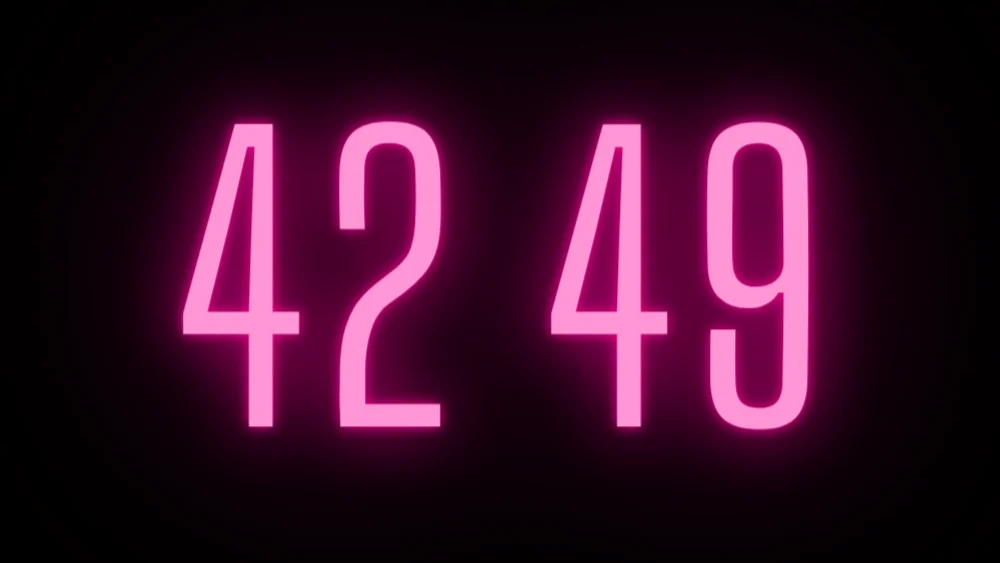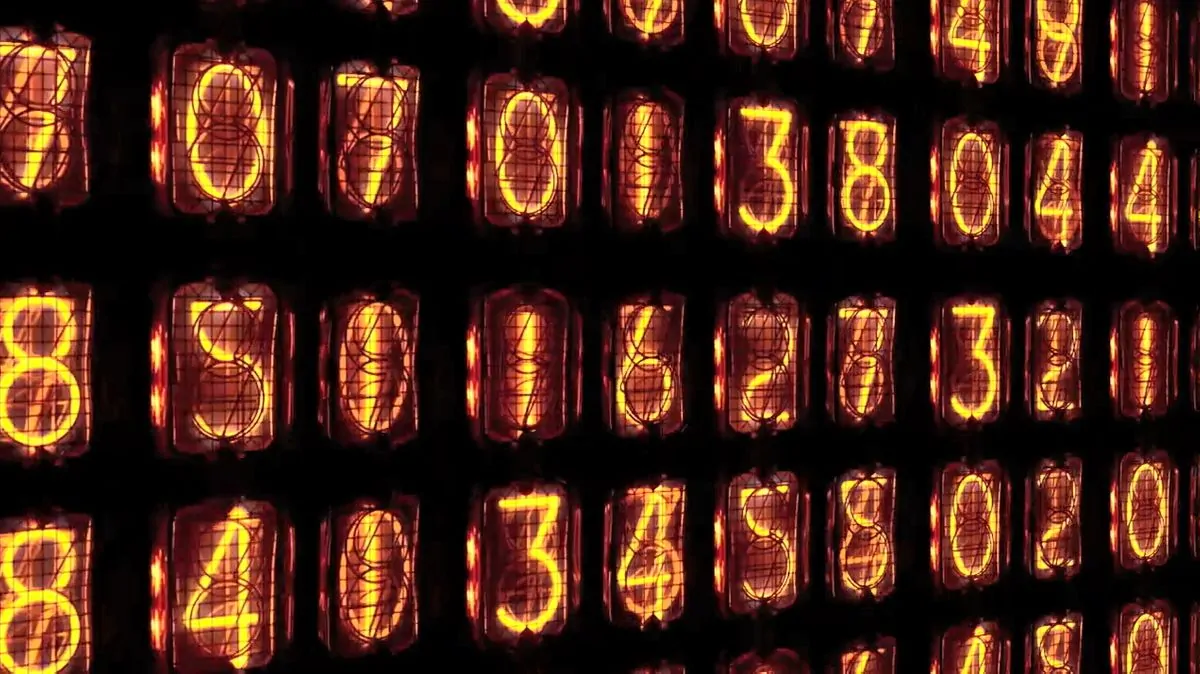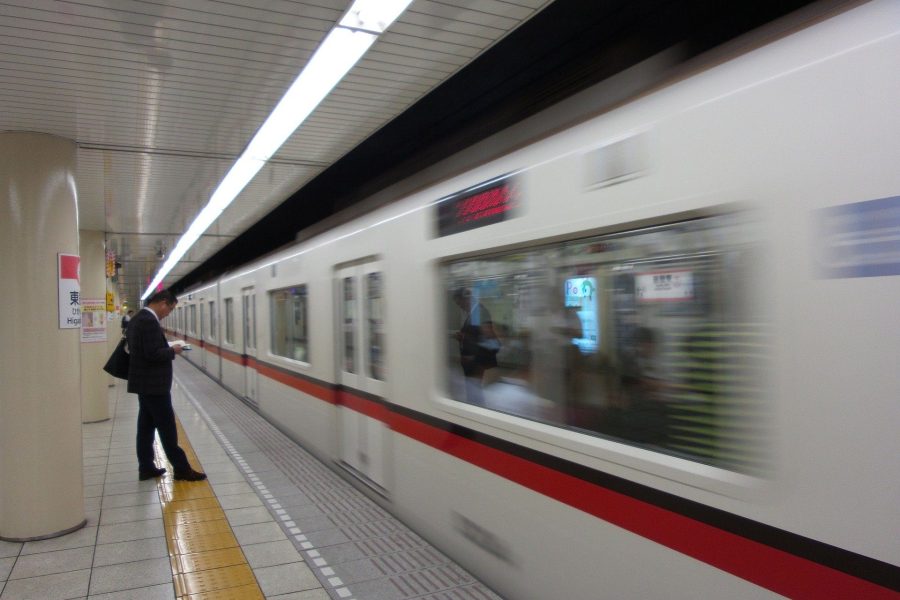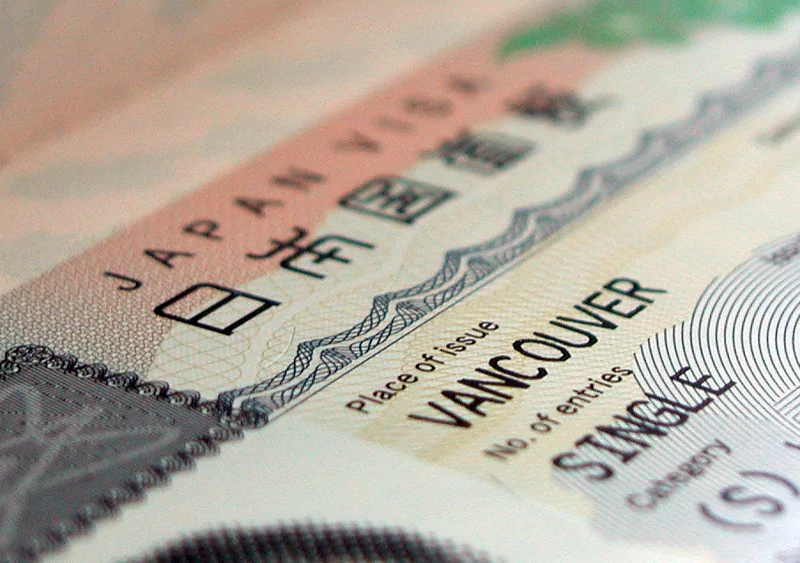Do you have your personal lucky number, or perhaps a collection of them? What about unlucky ones? Do you possess specific reasons that underlie your beliefs about each of them?
Across countries and cultures, certain numbers have long been assigned meanings by the masses, often deemed especially fortunate or misfortunate for various reasons. In Japan, several numbers are considered unlucky.
Let’s explore the unlucky numbers in Japan that people of this country find most dreadful. Plus, discuss the theories of why, according to culturally held beliefs.
We’ll also cover examples of how these Japanese numerical superstitions can influence their everyday lives.
Global Significance of Luck-lending Numbers
All over the globe, culturally held charms and omens often come in numerical form and can vary significantly from region to region. Sometimes we don’t even know the origin or reasoning behind which numbers are widely believed in different nations to be the most and least lucky.
Some people believe in the lucky number seven, for example. This includes Japan, where seven is significant due to its strong links to Buddhism. Reverence for seven can be shown in several ways. Baby’s seventh day of life is traditionally celebrated, and it’s thought that the seventh day after passing away is when the soul crosses over.
Meanwhile, the number 13 tends to carry the opposite reputation in Western culture and beyond. In fact, 13 is frequently left out of the floor button options installed in US hotel elevators—a practice rooted in the superstition surrounding the integer, which can be observed with various numbers linked to misfortune worldwide.
Common Unlucky Numbers in Japan
1. The Number 4

Perhaps the most famously unlucky number in Japan, four signifies death. So don’t be surprised if, at some point, you notice Japanese people avoiding this exceptionally ominous digit.
Sometimes pronounced “shi,” the number four is symbolized by a Chinese character that translates to death. For this reason, the Chinese pronunciation of “yon” tends to be preferred to avoid reminding people of death.
The cloud of misfortune hovering over the number four can extend to public buildings. For instance, some apartments and hotels exclude room numbers ending in four. Level four can be omitted altogether in hospitals, where 43 is also incredibly taboo in maternity wards, as it means “stillbirth.”
Additionally, it’s customary to avoid giving gifts in four sets, preferring three or five instead. It’s even been said that some notorious individuals have utilized four to make intentionally bold statements, like using it repeatedly on a license plate for shock value.
Especially in driving and racing, other death-related four-containing numbers are often intentionally left out, such as 42 and 49. More on these in a moment.
2. The Number 9

Another infamously unlucky number in Japan is nine. Like four, the Japanese tend to avoid nine in their daily lives due to its negative reputation.
The Chinese character for nine means “to suffer” and can be pronounced “ku” or “kyuu,” and in Chinese reading, “kokono.” People think of nine as suffering and agony. Because combs have a similarly pronounced name, these objects are rarely given as gifts.
Nine also tends to be removed from the roster of hospital rooms in Japan, not to give patients and their families any additional reminders of suffering. Like four, public buildings sometimes leave out the ninth floor entirely, and giving gifts in sets of nine is generally frowned upon.
3. The Numbers 42 and 49

Combinations of specific numbers thought to be individually unlucky in Japan are subsequently branded with the same cursed label when placed together. Moreover, the sum of their parts can even be perceived as enhancing their unluckiness.
For example, 49 is highly unlucky. This number signifies dying a painful death and gives a strong impression of suffering to Japanese people. Four and nine are each famously unlucky on their own, so for many, their powers of misfortune are thought to be strengthened or worsened by connecting the two unlucky digits to form 49.
Unsurprisingly, 42 and 49 are frequently avoided by athletes in jersey number selection, and overall, they are unlikely to be a source of positivity in Japanese culture.
Honorable Mentions

Because of Western influence, the number 13’s unlucky connotation has spread far and wide, even reaching Japan. Six is another number some Japanese people believe brings ill fortune so that it can be left off the signage for airport gates, railway platforms, and stadiums.
Additionally, as mentioned, 43 translates to stillborn, and as such, it is usually forbidden from maternity wards in Japanese hospitals. These numbers (six, 13, and 43) aren’t the most extremely superstition-bound, but they are worth mentioning, as they can still be considered unlucky in Japan.
Bothered by Unlucky Numbers?
Some people go their whole lives never thinking twice about numbers and whether they have significance, not interpreting anything from their presence or frequency. Perhaps this state of mind can lead to a more peaceful, conscious existence.
In some cultures, superstitions are more prominent and believed than in others. Firmly held belief in unlucky omens can sometimes lead to intense mental distress. It’s best to take these associations with a grain of salt and simply receive them as informative food for thought.
Even for undecided skeptics, it can be argued that there’s nothing to lose by avoiding unnecessary overuse or flagrant disrespect of the specific numbers widely believed to be unlucky.
Therefore, using these numbers wisely can be considered harmless, but taking them too seriously can potentially become unpleasant.
Know Before You Go
Exploring the most unlucky numbers in Japan equips us to be more mindful whenever we find ourselves among them. Of course, everyone’s home country holds widespread beliefs and superstitions, so the concept is easy to comprehend and relate to.
Like any culture’s noteworthy bad luck numbers, it’s not uncommon to see avoidance and exclusion of the most tainted numbers. In Japan, those predominantly include four, nine, 42, and 49, along with some superstitions surrounding six, 13, and 43. Be cautious so you never inadvertently wish someone severe suffering and death.
Does your culture share any of these unlucky numbers from Japan? Or are any of them considered lucky numbers in your country? Watch for these identifiers and cultural quirks when traveling to different nations, and if you spot the omission of an apartment or level in Japan, now you’ll know why!
Japanese people tend to be more superstitious than some cultures, so it’s thoughtful practice for foreigners to be considerate of these customary beliefs. Still, remember that not all Japanese people take every superstition 100% seriously.
Conclusion
Have you ever noticed someone avoiding specific numbers, like unlucky numbers in Japan, for parking spots, room assignments, or even important dates? If you pay attention, now you just might.
Many of the numbers widely thought unlucky in Japan are so dubbed due to a shared or similar pronunciation with other highly negative words and concepts of great misfortune.
For those who intend to visit the enticing Asian country, an awareness of these common unlucky numbers in Japan can help understand their absence in public spaces and avoid any superstition-related faux pas.





Leave a Comment